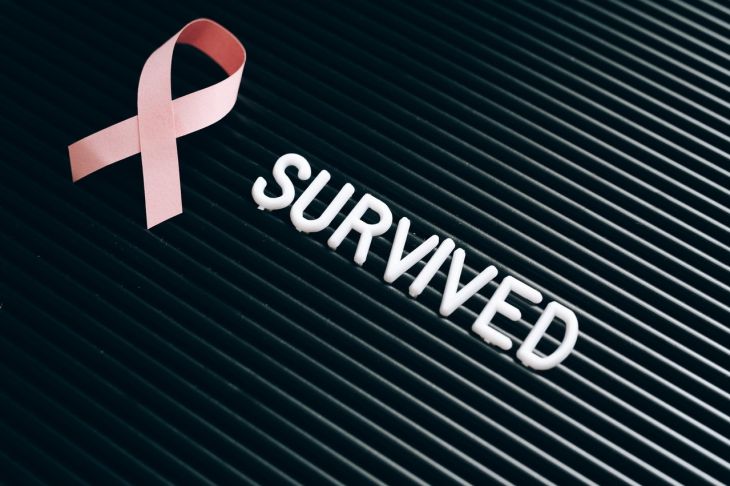
There is no cure for HIV. Preventative measures are taken to reduce the risk of HIV-related infections by suppressing virus replication and repairing damaged immune systems. Human immunodeficiency virus replication rises and the immune system weakens rapidly when HIV treatment is halted.
Owing to their compromised immune system, opportunistic infections are commonly associated with HIV-positive individuals.
Common HIV/AIDS Infections:
The following are common opportunistic infections and cancers that are linked to HIV/AIDS.
Candidiasis (thrush):
One caused by yeast, which results in an itchy, white coating on both the tongue and oral mucous membranes.
Cryptococcal meningitis:
Brain and spinal cord infection caused by fungus.
Pneumonia:
In HIV/AIDS patients, recurrent lung inflammation.
Tuberculosis:
Opportunistic infections such as hepatitis C are the leading cause of death in HIV/AIDS patients.
Cancers:
Kaposi's Sarcoma, AIDS-related lymphoma, and invasive cervical cancer all fall into this category.
How is HIV detected?
Blood tests are used to diagnose HIV. On the basis of two positive HIV test results, an HIV diagnosis is made A physical exam and additional medical tests may be required if you are diagnosed with HIV in order to determine your CD4 white blood cell count and viral load. The level of HIV in your blood is referred to as your viral load.
Before recommending HIV treatment, your doctor will examine your medical history and see if you are resistant to any drugs.
HIV Treatment:
ART Therapy
Antiretrovirals are commonly used to treat HIV infection. Antiretroviral therapy, or ART, is the name given to the treatment, and it is a lifelong treatment.
All HIV-infected individuals should be on antiretroviral therapy (ART) in order to reduce the likelihood of the disease progressing and being transmitted. Depending on the CD4 count before treatment, the urgency of HIV treatment varies. There is a correlation between a low CD4 count and an advanced stage of HIV, which necessitates early treatment in order to restore the immune system and prevent life-threatening infections.
HIV care requires a patient's commitment to treatment and follow-up. It's essential to talk to your doctors about your health and get answers to any questions you may have.
When your doctor recommends an ART, he or she will explain the benefits and drawbacks to you. Before beginning treatment with ART, it is important to consult with your doctor about your medical history and address any concerns you may have.
It is likely that your doctor will recommend that you take three antiretroviral medications from two different categories. Some of these anti-HIV medications are packaged together in a single pill for convenience. Antiretrovirals in combination are the most effective treatment for HIV. Your health and other factors will play a role in determining the best combination for you.
In order for your HIV medications to be effective, you must strictly adhere to your doctor's instructions on when and how much to take. Taking fewer than the prescribed number of doses could lead to the spread of the virus and the development of a drug-resistant strain. In addition to HIV treatment, a healthy diet and active lifestyle are essential corollaries.
HIV Treatment Effects
These drugs have the potential for side effects, which can vary from one individual to the next. The following are some of the most frequently reported side effects of anti-HIV medications:
- Anaemia
- Vomiting and feeling sick
- Diarrhoea
- Fatigue
- Dizziness
- Headaches
- Skin rash and insomnia
- Tingling and discomfort
These are short-term side effects that can appear at the beginning of HIV treatment and go away once you get used to the drug regimen.
Medical attention will be required for more serious side effects, such as a loss of bone density and insulin resistance. This once again emphasizes the importance of regular doctor visits while you are undergoing treatment. An anti-HIV medication change is possible in the event that you experience severe side effects that prevent you from taking your anti-HIV medication. HIV-infected people can now enjoy a long and productive life thanks to advances in treatment.






